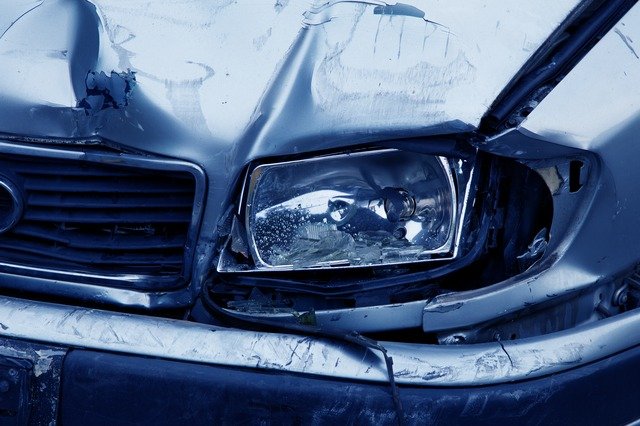What to Know About Punitive Damages in Car Accident Cases

There are two kinds of damages that can be awarded in successful car accident cases: compensatory and punitive. The former aims to reimburse plaintiffs for losses stemming from their injuries and is divided further into economic and non-economic damages.
Economic damages include tangible losses that can be objectively quantified, like medical bills, vehicle repairs, and lost wages. Non-economic damages, on the other hand, encompass intangible—but still devastating—losses like emotional distress, mental anguish, and pain and suffering.
As for punitive damages, their purpose is to penalize defendants whose actions have been deemed grossly negligent or downright malicious. Such awards also aim to dissuade others from engaging in such egregious behavior.
Virtually all successful car accident cases yield compensatory damages. Punitive damages, on the other hand, are awarded much less frequently.
Many judges are reluctant to award such damages because they fear they’ll incentivize frivolous lawsuits. As such, they tend to set an incredibly high bar for proving these damages. What’s more, there’s no set formula for calculating punitive damages, so estimating a reasonable figure can pose a challenge.
When Are Punitive Damages Available?
Punitive damages are only awarded in cases where the defendant’s behavior was intentional or extreme. The standard for proving such damages varies from state to state.
In Florida, judges typically evaluate a host of factors to determine whether punitive damages should be awarded on top of the standard compensatory damages. For example, they may consider whether the defendant understood the harm being caused, what the motivation for causing said harm was, and if they attempted to cover up their negligence in the aftermath.
If you’re wondering whether you’re entitled to a punitive award, you should be able to seek one as long as you can show the defendant’s conduct was either grossly negligent, meaning they behaved recklessly, or intentional, meaning they set out to cause you harm.
Under this standard, most car accident cases do not warrant punitive damages. If you were driving on the highway, for example, and a truck sideswiped your vehicle accidentally while changing lanes, the driver would likely be found negligent.
If, on the other hand, the truck struck your vehicle because the driver thought you cut them off, the courts might decide that they engaged in intentional misconduct by purposefully hitting your vehicle. In such a scenario, you would have a strong claim for punitive damages as “punishing” the driver could deter other motorists from acting in the same dangerous manner.
Call 727-821-1500 for a Free Consultation with a Florida Car Accident Lawyer
At Emerson Straw, we aim to help injured parties secure the compensation needed to make their lives whole again. If there’s even a chance you’re entitled to punitive damages, you can be sure we’ll exhaust all available avenues to pursue them.
Our team has recovered upwards of $27 million for accident victims and their loved ones. To request a free consultation with a car accident attorney in Florida, fill out our Online Contact Form or call (727) 821-1500.
